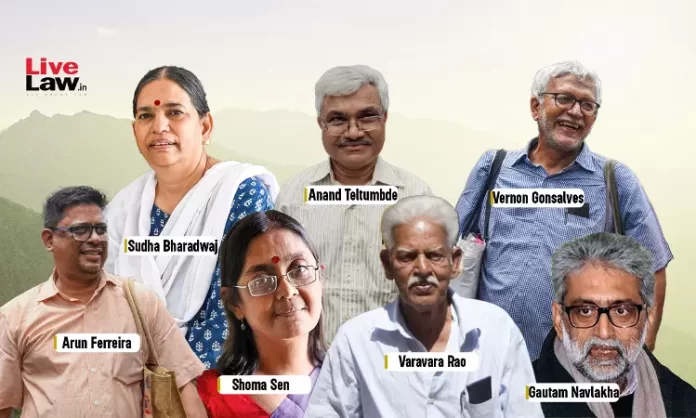24 May 2024: In a notable judicial development, seven out of the sixteen accused in the Bhima Koregaon case have been granted bail. The courts expressed prima facie doubts about the evidence against the activists, who have been charged under the Unlawful Activities (Prevention) Act (UAPA) for alleged links to Maoist groups. This ruling underscores the protracted nature of their legal ordeal, emphasizing the use of the criminal justice process as a punitive measure against dissenters.
The accused activists, including several prominent human rights defenders, have been incarcerated for extended periods without substantial progress in their trials. The courts’ observations reflect concerns over the speculative and insufficient nature of the evidence presented by the prosecution, raising critical questions about the integrity of the investigation and the application of anti-terror laws.
This case highlights broader issues regarding civil liberties in India, where stringent laws like the UAPA are often criticized for their potential misuse in stifling dissent and targeting activists. The bail granted to these seven individuals brings a measure of relief, yet it also calls attention to the need for judicial scrutiny and reform in handling such sensitive cases.




